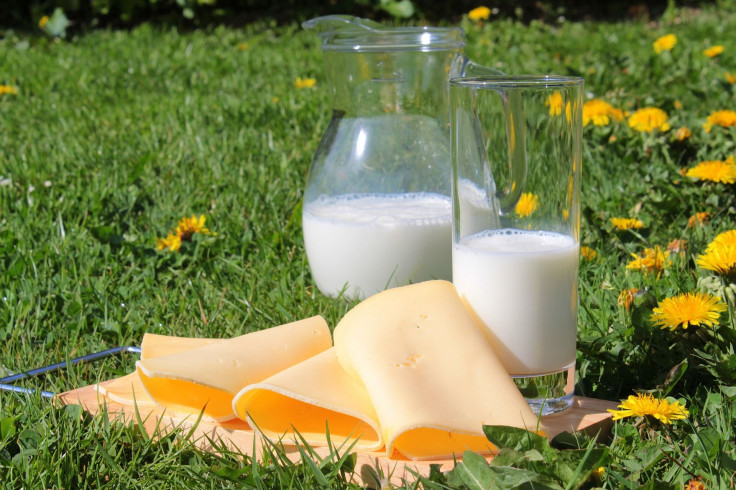Humans Were Drinking Milk Thousands Of Years Before Developing Lactose Tolerance: Study
KEY POINTS
- Lactase persistence became common in Europe around 1000 BC
- This was 3000 years after the genetic mutation was first detected
- Emergency conditions led ancient Europeans to acquire lactase persistence
Lactose intolerance is a widespread condition across the planet. But humans were naturally lactose intolerant, to begin with, and only later did we acquire lactose persistence. This milk digesting quality is said to have coexisted with increased milk consumption. However, a recent study throws this assumption off balance.
Lactose persistence, which is the ability to digest lactose sugar present in milk, was not common in ancient Europe when milk was being consumed by ancestors, according to the study published in Nature on July 27.
In other words, despite not having the capacity to digest milk, Europeans continued to consume milk in huge quantities much before 4000 years ago, the time around which we acquired lactose persistence.
Whether humans should be drinking cows’ milk has always been a matter of controversy and debate. Now a new study has shown that #ancient people were drinking it even when they were all naturally lactose intolerant! https://t.co/4f23jMBtbI
— Ancient Origins (@ancientorigins) July 30, 2022
This is in stark contrast to the current evolutionary theory that assumed people only began drinking milk in large quantities after a genetic mutation entered the DNA that allowed them to digest it efficiently.
“Prehistoric people in Europe may have started consuming milk from domesticated animals thousands of years before they evolved the gene to digest it,” said the authors of this study.
In the study, data obtained from tests done on milk-fat residues found on thousands of pieces of pottery collected from over 550 archaeological sites in Europe were analyzed. These pottery samples were 9,500 years old.
Once this analysis was done, patterns of milk production in Europe were cross-correlated with genetic data from the human skeletal remains of about 1,300 people. These people had lived in the same regions during the same 9,500-year time period and possessed the genetic markers associated with lactase persistence.
Surprisingly, the results found that lactase persistence did not become common in Europe until around 1,000 BC. This was nearly 3,000 years after it was first detected in the ancient European gene pool.
Study co-author Mark Thomas, an evolutionary geneticist from University College London believes that the negative impact of drinking milk would not have bothered lactose intolerant people as much. “If you’re healthy, you get a bit of diarrhea, you get cramps, you fart a lot. It’s unpleasant, but you’re not going to die,” he said.
On the other hand, the effects would have been perilous for those with infections and malnutrition. This explains some of the more interesting results of the study. It was found that ancient people who were exposed to pathogens and food shortages were more likely to develop lactose tolerance shortly thereafter.
In the final analysis, researchers concluded that lactase persistence rose in response to evolutionary pressures from emergency conditions.

© Copyright IBTimes 2024. All rights reserved.





















